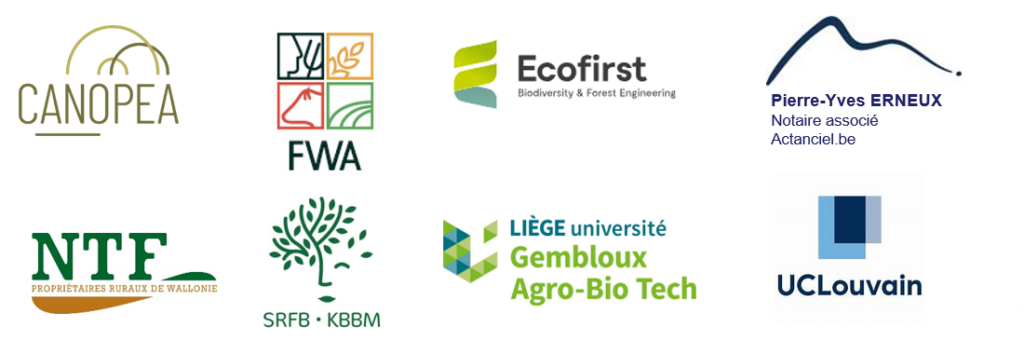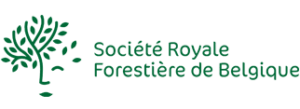MPeRN
Biodiversity and private forests: my plot in a nature reserve

Although on the increase, nature reserves account for only 1% of Wallonia's territory. However, private rural landowners sometimes have large areas with high ecological potential. However, the desire to preserve biodiversity comes up against legal and practical challenges. To reconcile conservation and property rights, the RFSB, in collaboration with various stakeholders, has launched the ‘Ma parcelle en réserve naturelle’ project. The aim of this project is to create a structure that will make it easier to place private land under strict protection, thereby recognising its ecological value while preserving the rights of owners.

At present, although the number of nature reserves in the Walloon Region is steadily increasing, they represent barely 1% of the territory. However, private owners and managers of rural land hold a vast amount of land with considerable ecological potential, which they would like to see included in the network of nature reserves. In this way, they could make the most of plots of land that are of little or no production and/or are of biological or heritage interest by transforming them into nature reserves.
However, these owners and managers face obstacles when they seek to voluntarily bring their land into the accreditation process as nature reserves, while preserving their property rights.
To enable rural landowners and managers to play an active part in preserving biodiversity without sacrificing their property rights, RFSB has launched the ‘Ma parcelle en réserve naturelle’ (‘My plot in a nature reserve’) project in collaboration with agricultural and forestry representatives, environmental associations and universities. The aim of this project is to create a structure that will make it easier to place private land under strict protection status.
This structure, which is currently being developed, should enable the legal and social recognition of plots of land with ‘approved nature reserve’ status, in order to provide owners with the means to manage them appropriately or to delegate this management to a competent entity. Protecting biodiversity requires the active commitment of forest owners and farmers.
The project was launched in September 2023 for a one-year period. During this year, almost 240 hectares of pilot plots were identified for the project. The obstacles and drivers to setting aside land have been identified, and the legal bases required to create the entity have been established.
Articles
No articles written yet
